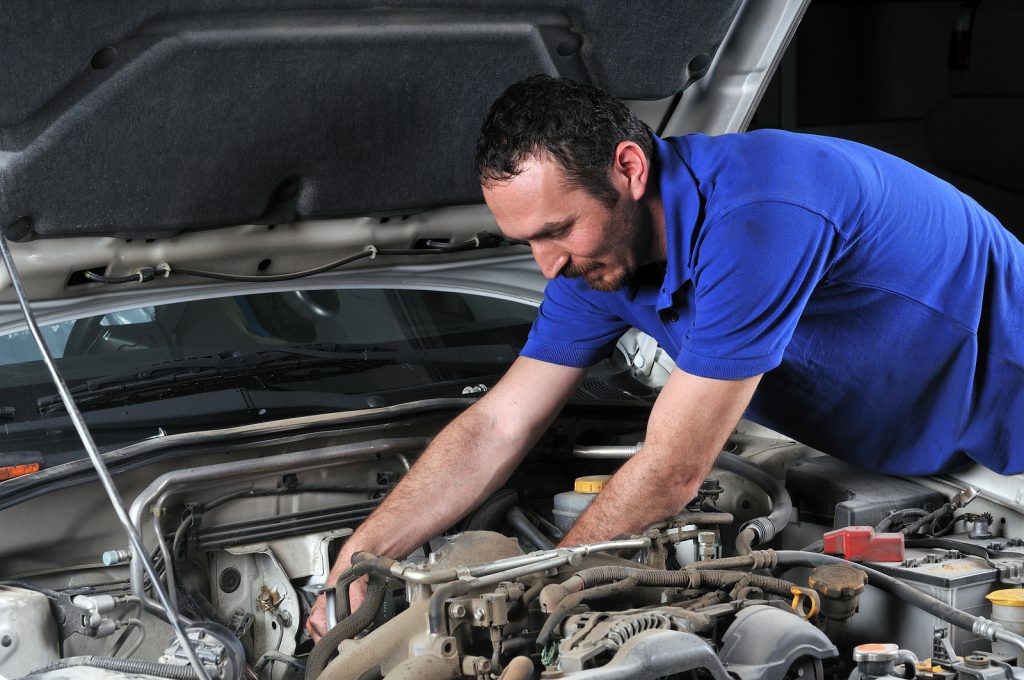The longer you own your car, the more problems you’re going to encounter. Even the best vehicles will have parts that can wear out and will need to be replaced. The good news is that as long as you stay on top of your maintenance, you should be able to drastically extend the life of your vehicle while also keeping your auto repair bills low.
There are some common problems older cars will adapt to signal it’s time to have a mechanic take a look at things.
Engine Noises
Engines should run quietly and smoothly. Clunking, banging, rattling, etc. can signify a problem that will get worse if you don’t take immediate action. As soon as you notice that your engine is making a strange noise, it’s time to get to your mechanic. The longer you continue driving the vehicle, the greater the risk that you’ll break down in the middle of your commute.
Check the Wheel Bearings
At least once a week, you should turn off the radio and listen to the sound of your vehicle’s wheels. If you notice any unusual noises, it could indicate that one of your wheel bearings is going bad. This is usually a relatively easy fix that can be done quickly and at an affordable rate.
The Battery Is Dying
There are two reasons you’re car isn’t starting as soon as you turn the key. It could be that your starter is going bad, or if it spends quite a bit of time trying to start before finally catching, your battery could be dying.
Don’t assume that since you have a pair of jumper cables in your trunk that you don’t have to worry about a failing battery. Sooner rather than later, the day will come when your vehicle can’t be jumped. In the long run, you’re better off having your battery replaced.
Low Tire Pressure
A surprising number of drivers don’t even know how much air they should have in their tires and never take the time to make sure the tires are properly inflated. Not only does driving on tires that don’t have enough air drastically decrease your fuel economy, it also means your tires wear out extremely fast, forcing you to frequently replace them. A good quality pressure gauge is inexpensive and allows you to check the tire’s air pressure once a week. As for how much air your tires should have, you’ll find the information posted on the tire’s sidewall. Simply look for the letters PSI. The number in front of the letters is how many pounds of air per square inch of rubber you need.

